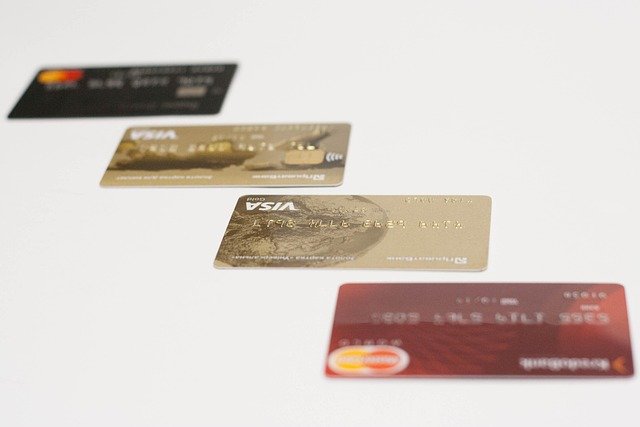Exploring Credit Card Options: Solutions for First-Time Applicants and Those with No Credit
Starting your credit journey can feel overwhelming, especially when you have no credit history to show lenders. First-time credit card applicants face unique challenges in proving their creditworthiness, but numerous options exist specifically designed for newcomers to the credit world. Understanding these specialized products and application processes can help you build a solid financial foundation while accessing the convenience and benefits that credit cards provide.

What Options Exist for First-Time Credit Card Applicants?
First-time credit card applicants have several pathways available, each designed to accommodate different financial situations. Secured credit cards represent the most accessible option, requiring a refundable security deposit that typically becomes your credit limit. These cards function identically to traditional credit cards but provide lenders with collateral, making approval more likely for those without credit history.
Student credit cards offer another viable route, specifically targeting college and university students. These cards often feature lower credit limits and more lenient approval requirements, recognizing that students typically have limited income and no credit history. Many financial institutions also offer starter or entry-level cards designed for credit newcomers, featuring basic rewards programs and educational resources.
How Credit Cards Function for Individuals Without Credit History
Credit cards operate on the same fundamental principles regardless of your credit history, but the approval process and terms may differ significantly. When you lack credit history, lenders cannot assess your borrowing behavior through traditional credit scores, so they rely on alternative evaluation methods including income verification, employment status, and banking relationships.
The credit-building process begins immediately upon approval and responsible usage. Every purchase, payment, and account management decision gets reported to credit bureaus, gradually establishing your credit profile. Making payments on time, keeping balances low relative to credit limits, and maintaining accounts in good standing all contribute positively to your developing credit score.
Different Credit Card Types and Their Flexible Approval Processes
Secured credit cards typically have the most flexible approval processes, as the required deposit minimizes lender risk. Most secured cards require deposits ranging from $200 to $2,500, with some premium options accepting higher deposits for increased credit limits. The approval process usually involves basic income verification and identity confirmation.
Student credit cards often require enrollment verification at an accredited institution, but income requirements are generally minimal or waived entirely. Some issuers offer pre-qualification tools that allow prospective applicants to check approval odds without impacting their credit score. Retail store cards frequently have more lenient approval standards than general-purpose cards, though they typically carry higher interest rates and limited usability.
Navigating the Credit Card Application Process Successfully
Successful credit card applications require preparation and realistic expectations. Gathering necessary documentation including proof of income, identification, and address verification streamlines the process. Understanding your financial situation helps determine which card types align with your circumstances and approval likelihood.
Applying for multiple cards simultaneously can negatively impact approval chances, as each application generates a hard credit inquiry. Instead, research thoroughly and apply for one card that matches your profile. If denied, wait several months before reapplying, using the time to improve your financial standing or consider alternative card types.
Types of Credit Cards for New Financial Journeys
Beyond secured and student cards, several other options serve first-time applicants effectively. Authorized user arrangements allow you to benefit from someone else’s established credit history while building your own credit profile. Family members or trusted individuals can add you to their accounts, though this requires careful consideration of the primary cardholder’s credit management habits.
Credit-builder loans, while not credit cards, can establish credit history that makes future card applications more successful. These products require you to make payments into a secured account, with funds released upon completion, while simultaneously reporting positive payment history to credit bureaus.
| Card Type | Typical Requirements | Deposit Range | Credit Limit |
|---|---|---|---|
| Secured Cards | Valid ID, Bank Account | $200-$2,500 | Equal to Deposit |
| Student Cards | School Enrollment | None | $500-$1,500 |
| Starter Cards | Income Verification | None | $300-$1,000 |
| Store Cards | Basic Application | None | $200-$800 |
Prices, rates, or cost estimates mentioned in this article are based on the latest available information but may change over time. Independent research is advised before making financial decisions.
Building credit from scratch requires patience and consistent financial habits, but the available credit card options provide clear pathways to establishing creditworthiness. Whether through secured cards, student products, or alternative arrangements, first-time applicants can find suitable options that match their financial circumstances. The key lies in understanding each option’s requirements, using credit responsibly once approved, and maintaining realistic expectations about the credit-building timeline. With proper planning and disciplined usage, these initial credit products serve as stepping stones toward more robust financial opportunities and improved credit profiles over time.




